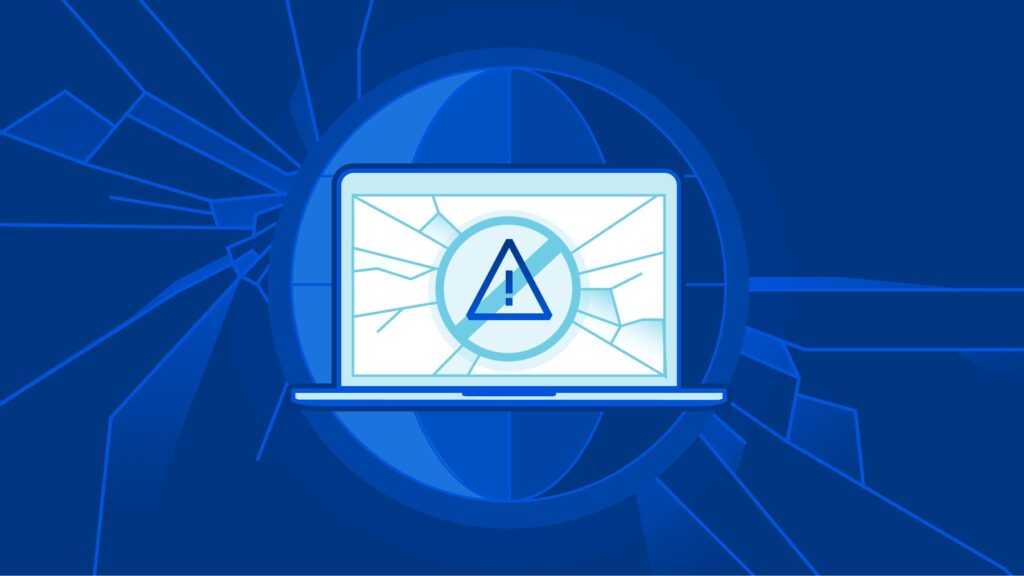The rise of IP stresser services is a growing concern. These services, such as booter or stresser services, are designed to conduct Distributed Denial of Service (DDoS) attacks to disrupt the availability of an online resource, such as a website or network. While these services are marketed as tools for testing network resilience, their potential for abuse is subject to intense legal scrutiny.
-
Potential for criminal charges
Even if unintended, the use of IP stresser services leads to criminal charges. In many jurisdictions, engaging in DDoS attacks or knowingly facilitating such attacks is considered criminal. Depending on the severity of the attack and the resulting damage, individuals could face charges ranging from computer misuse to cybercrime, with penalties that include fines and even imprisonment.
It’s important to note that the legal consequences apply not only to the individuals directly carrying out the attacks but also to those who use IP stresser services, even if they do not directly execute the attack. The principle of “willful blindness” holds users accountable if they know the potential for abuse but choose to proceed with the service.
-
Civil liability
Criminal charges, using IP stresser services also leads to civil liability. Victims of DDoS attacks are individuals, businesses, or organizations who may seek to recover damages from those responsible for the disruption. This lost revenue, the cost of mitigating the attack, and even reputational harm.
Civil lawsuits are brought against both the operators of IP stresser services and their users, depending on the case’s specific circumstances. The courts may consider factors such as the degree of intent, the scale of the attack, and the extent of the resulting damage when determining liability and the appropriate level of compensation.
-
Acceptable use policies
Online service providers, such as web hosts, cloud providers, and internet service providers, have strict terms of service and acceptable use policies that prohibit using their services for malicious activities, including DDoS attacks. By utilizing an IP stresser service, users may be in direct violation of these policies, which lead to the suspension or termination of their accounts and potential legal action by the service provider. It’s crucial for individuals and businesses to carefully review the terms of service and acceptable use policies of any online services they use, as consequences of violations include the loss of access to critical resources and potential legal ramifications.
-
Traceability and identification
how to use a IP Booter? The critical concern with IP stresser services is the relative ease with which they can mask the attacker’s true identity. Many of these services offer features that obfuscate the attack’s origin, such as using proxy servers, botnets, or spoofed IP addresses. However, law enforcement agencies and cybersecurity experts have become increasingly adept at tracing the origins of DDoS attacks and identifying the groups behind them.
As investigative techniques and technological capabilities evolve, the risk of being identified and held accountable for using IP stresser services is growing. This leads to the discovery of the user’s identity used as evidence in criminal or civil proceedings.




